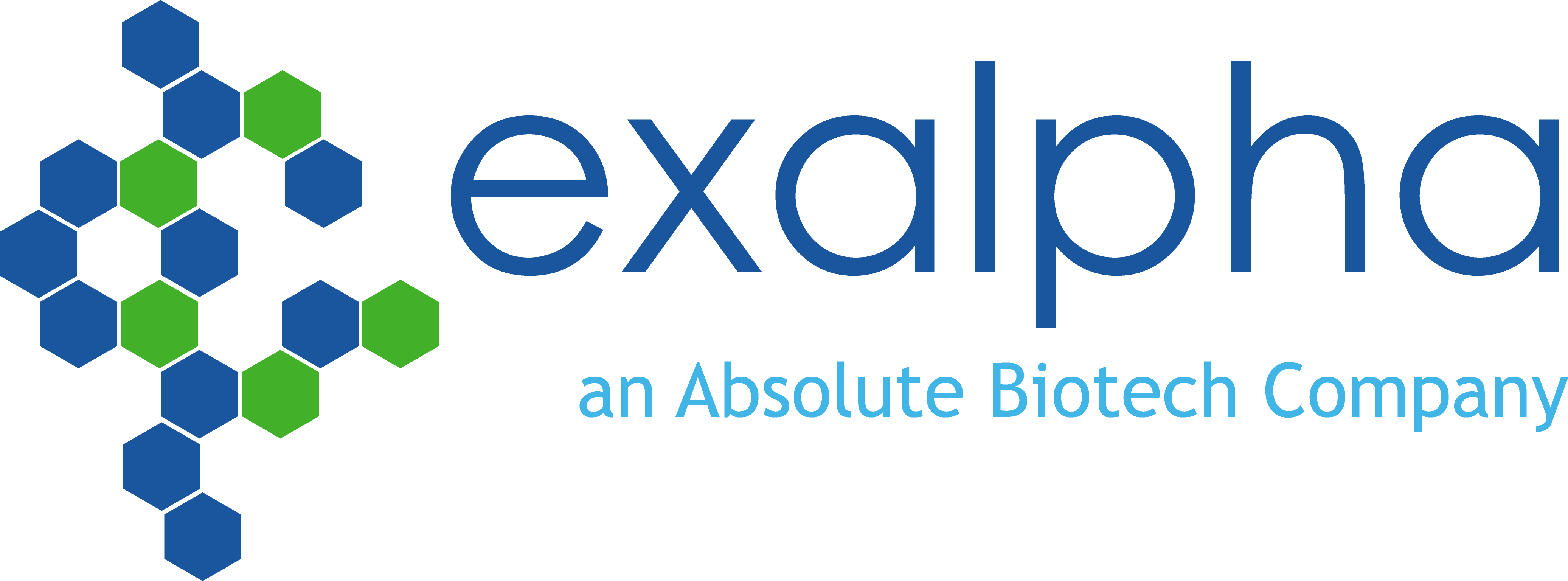Catalogue

Goat anti Human plasminogen
Catalog number: GAHu/Plg$265.00
Add To Cart| Clone | Polyclonal |
| Product Type |
Polyclonal Antibody |
| Units | 1 ml |
| Host | Goat |
| Species Reactivity |
Human |
| Application |
Precipitation assays |
Background
The defined antibody reactivity is restricted to plasminogen as tested at the level of sensitivity of immuno-precipitation techniques. A single precipitin line is obtained in bidimensional electrophoresis, immunoelectrophoresis and double radial immunodiffusion (Ouchterlony) which shows a reaction of full identity with the purified immunogen. No precipitation is obtained with any other plasma protein or with plasminogen-deficient plasma. The antiserum may also react with plasmin conversion intermediates and with plasmin. In precipitating techniques as electroimmunodiffusion (Laurell), immunoelectrophoresis, single and double radial immunodiffusion (Mancini, Ouchterlony), immunonephelometry, solid phase assays; as catching or detection antibody in ELISA. EDTA should be added to the plasma samples and all assay components to stabilize the proteins; to prevent activation of plasminogen in plasma samples epsilonaminocaproic acid may be added.
Source
Native plasminogen is a single polypeptide chain, synthesized in the liver. Its molecular weight has been reported to be 81,000 and 92,000. Part of the molecule contains the active serine esterase of plasmin. On activation it is converted to two polypeptide chains linked by disulphide bridges. Three different abnormal molecular forms of plasminogen have been described.
Normal adult plasma contains 10-20 mg/100 ml plasminogen. Different congenital molecular structure abnormalities associated with recurrent thrombosis have been described, but are extremely rare. In liver disease plasminogen activity may be reduced.
Freund’s complete adjuvant is used in the first step of the immunization procedure.
Product
Delipidated, heat inactivated, lyophilized, stable whole serum. No preservative added. Total protein and IgG concentrations in the antiserum are comparable to those of pooled normal goat serum. No foreign proteins added. Reconstitute the lyophilized antiserum by adding 1 ml sterile distilled water.
Formulation: Delipidated, heat inactivated, lyophilized, stable whole serum. No preservative added. Total protein and IgG concentrations in the antiserum are comparable to those of pooled normal goat serum. No foreign proteins added.
Specificity
Precipitating polyclonal Goat antiSerum to Human plasminogen
Species Reactivity: The antiSerum does not cross-react with any other Human plasma proteins as tested in gel-diffusion techniques. Inter-species cross-reactivity is a normal feature of antibodies to plasma proteins, since homologous proteins of different species frequently share antigenic determinants. Cross-reactivity of this antiSerum has not been tested in detail, however in double radial immunodiffusion ea reaction has been observed with Bovine, Dog and rhesus Monkey.
Applications
Precipitation assays. In electroimmunodiffusion the amount of antiserum required in the agarose gel is usually between 1 and 2% depending on the test arrangement.
Storage
The lyophilized antiserum is shipped at ambient temperature and may be stored at +4°C; prolonged storage at or below -20°C. Dilutions may be prepared by adding phosphate buffered saline (PBS, pH 7.2). Repeated thawing and freezing should be avoided. If a slight precipitation occurs upon storage, this should be removed by centrifugation. It will not affect the performance of the antiserum.
Diluted antiserum should be stored at +4°C, not refrozen, and preferably used the same day.
Caution
This product is intended FOR RESEARCH USE ONLY, and FOR TESTS IN VITRO, not for use in diagnostic or therapeutic procedures involving humans or animals. It may contain hazardous ingredients. Please refer to the Safety Data Sheets (SDS) for additional information and proper handling procedures. Dispose product remainders according to local regulations.This datasheet is as accurate as reasonably achievable, but our company accepts no liability for any inaccuracies or omissions in this information.
Protein Reference(s)
Database Name: UniProt
Accession Number: P00747
